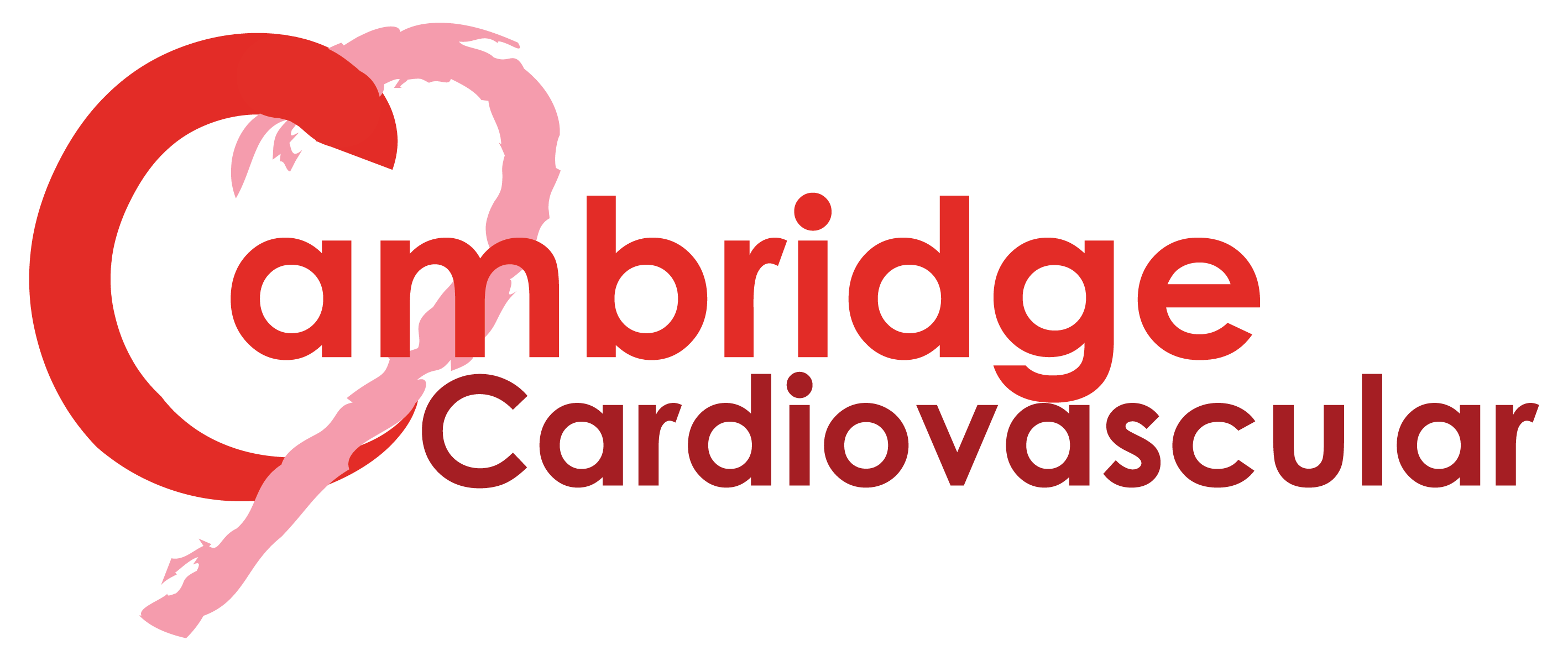
Submitted by Administrator on Tue, 19/06/2018 - 14:59
The human aorta stiffens with age, leading to a higher risk of cardiovascular events including stroke.
Dr Yasmin, Dr Kevin O'Shaughnessy, and others from the University of Cambridge have identified two extracellular matrix proteins called aggrecan and fibulin-1 that play a key role in aortic stiffening.
Aggrecan is an essential component of the ‘shock-absorbing’ cartilage in joints. It degrades over time and the group has discovered that the process of age-dependent degradation is very similar within joint cartilage and in the aorta.
Using a combination of genetic, proteomic, and biomechanical techniques, the group found that aggrecan lost a part of the protein called chondroitin-sulphate binding domain needed to maintain aortic elasticity. This loss led to stiff aortas.
Several drugs are currently being developed to prevent age-related degradation of aggrecan in joints. The new study raises the possibility that similar drugs may be used in future to slow or even reverse the aging process inside arteries.
This study was published in the Scientific Reports.




